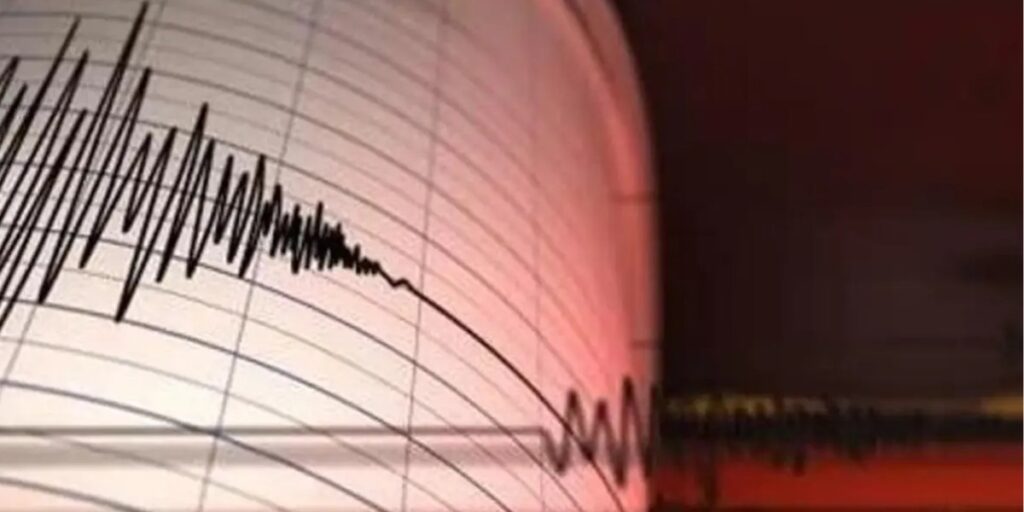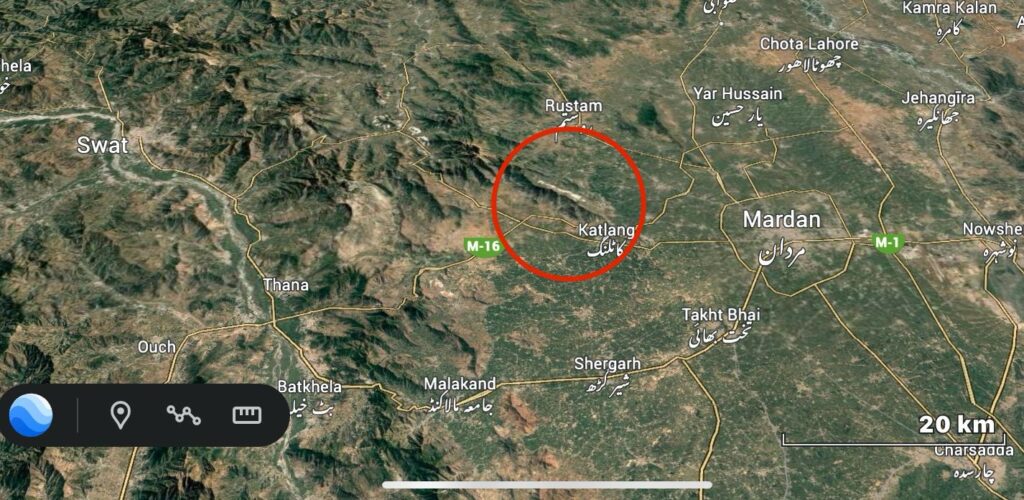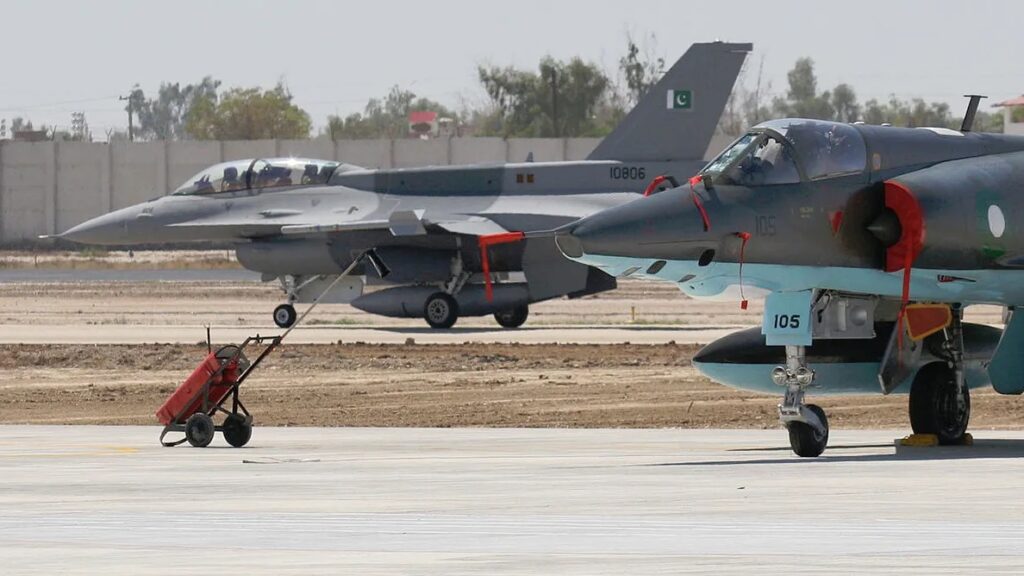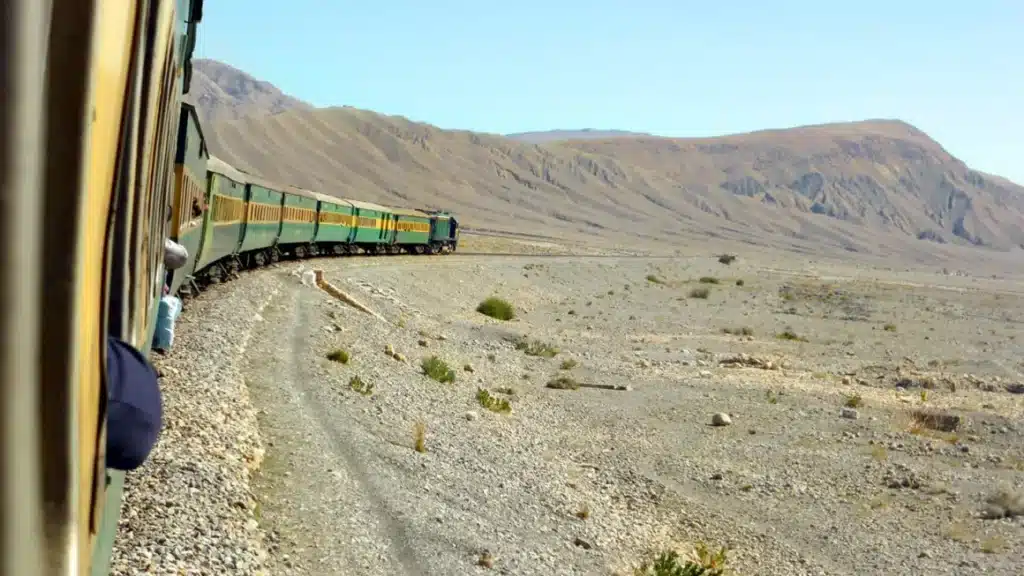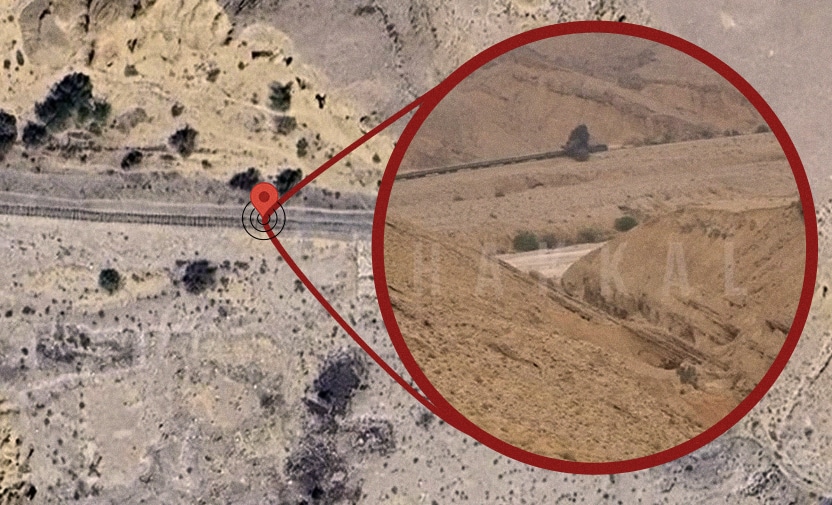QUETTA: Strong tremors were felt in Quetta, the capital of Balochistan, and its surrounding areas, causing panic among residents.
According to the Seismological Center, the earthquake measured 5.0 on the Richter scale and had a depth of 25 kilometers.
The epicenter was located approximately 65 kilometers west of Quetta.
The sudden tremors prompted people to rush out of their homes in fear as aftershocks continued for several seconds.
The quake was felt across multiple nearby towns, but no immediate reports of casualties or property damage have been received so far.
Authorities are monitoring the situation and have advised citizens to remain cautious and follow safety measures in case of aftershocks.
Balochistan, lying on the active boundary between the Indian and Eurasian tectonic plates, has experienced numerous earthquakes over the past decade, some of them deadly.
In 2013, the Awaran earthquake with a magnitude of 7.7 devastated entire villages, killing hundreds and displacing thousands.
The region has since faced several moderate tremors, including quakes in Turbat (2017), Quetta (2021), and Lasbela (2022), which caused structural damage and minor injuries.
The frequent seismic activity highlights Balochistan’s vulnerability, as much of its infrastructure is not designed to withstand strong quakes.
Experts have repeatedly urged authorities to strengthen building codes and enhance emergency preparedness to minimize future risks.
Despite ongoing monitoring by the Pakistan Meteorological Department, the province remains one of the country’s most earthquake-prone regions.
Earthquakes, along with other natural hazards in Balochistan remain a serious threat not only for the residents but also for the countries and companies working on development infrastructures in Balochistan.
On one hand earthquakes raise fear among the masses.
Earthquake in Quetta back in 1935 caused massive destruction including loss of precious human-lives.
ALSO READ: Balochistan issues coastal alert on cyclone Shakti
On the other hand, they cause threats to the billion-dollars investments on major projects like CPEC, Sendak, Reko-Diq and others.

